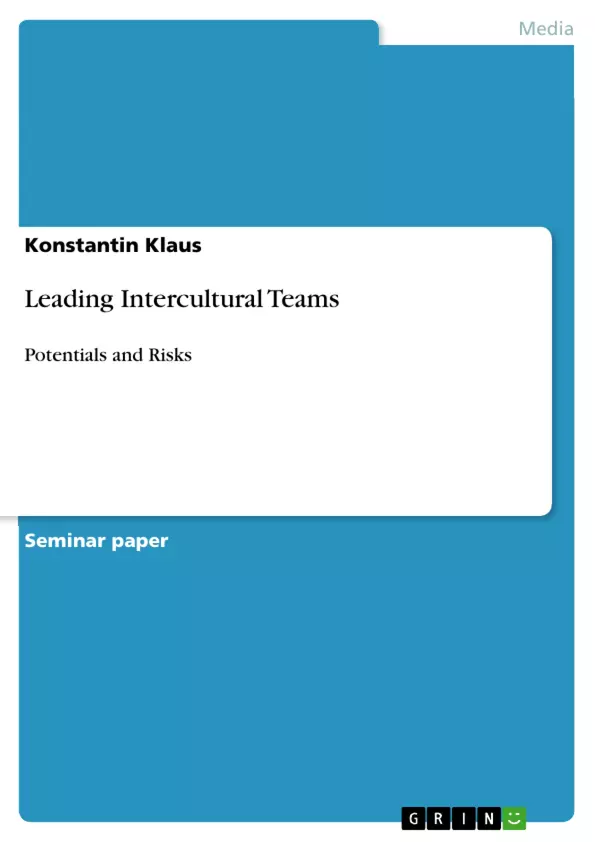Which aspects are of central importance for the success of leadership in an intercultural context? And how can leaders with the necessary skills and abilities be promoted to master cross-cultural encounters in day to day working life and to realize the benefits of diversity?
The working world has become much more complex, volatile and unpredictable in the past two decades. For the success of organizations will be the ability to be sensitive, fast and to deal adequately with changes in the global context to the decisive factor. This also increases the demands placed on executives, especially with regards to their "versatility" ambiguity and uncertainty in their work environment and at the same time remain capable of acting.
Intercultural encounters additionally increase the complexity. The way executives interact in a dynamic environment with their employees, customers, suppliers and other stakeholders from different cultures has a significant impact on the performance of an organization. Intercultural competence is an important prerequisite for the professional success of global executives.
Inhaltsverzeichnis
1. Introduction
2. Teams and Team characteristics
2.1 Definitions and key characteristics of teams
2.2 Special features of teams
2.3 Types of teams
3. Internationalization of Human Resource Management
3.1 Forms of international cooperation
3.2 Leading intercultural teams
4. Cultural influences on intercultural teams – Definition of Culture
4.1 Cultural dimension according to Hofstede
4.1.1 Power distance
4.1.2 Individualism versus collectivism
4.1.3 Masculinity versus femininity
4.1.4 Uncertainty avoidance
5. Advantages, disadvantages and problems of intercultural teams
5.1 Advantages of intercultural teams
5.2 Benefits for decision – making
5.3 Disadvantages in terms of work results
5.4 Disadvantages in decision – making
5.5 Problem factors of intercultural teamwork
5.6 Problem factors at the level of the individual
5.7 Problem factors at intercultural team leve
6. Success factors intercultural teams
7. Conclusion
Bibliography
Frequently Asked Questions
Why is intercultural competence important for modern executives?
As the global business world becomes more complex and volatile, the ability to interact effectively with diverse stakeholders significantly impacts organizational performance.
What are Hofstede's cultural dimensions mentioned in the text?
The text discusses Power Distance, Individualism vs. Collectivism, Masculinity vs. Femininity, and Uncertainty Avoidance.
What are the advantages of intercultural teams?
Intercultural teams can offer benefits in decision-making and provide a competitive edge through diverse perspectives and sensitivity to global changes.
What problems can arise in intercultural teamwork?
Challenges include ambiguity, uncertainty, and potential disadvantages in work results or decision-making processes due to cultural friction.
How does internationalization affect Human Resource Management?
It requires new forms of international cooperation and specialized leadership skills to manage teams across different cultural contexts.
- Arbeit zitieren
- Konstantin Klaus (Autor:in), 2019, Leading Intercultural Teams, München, GRIN Verlag, https://www.grin.com/document/462249



